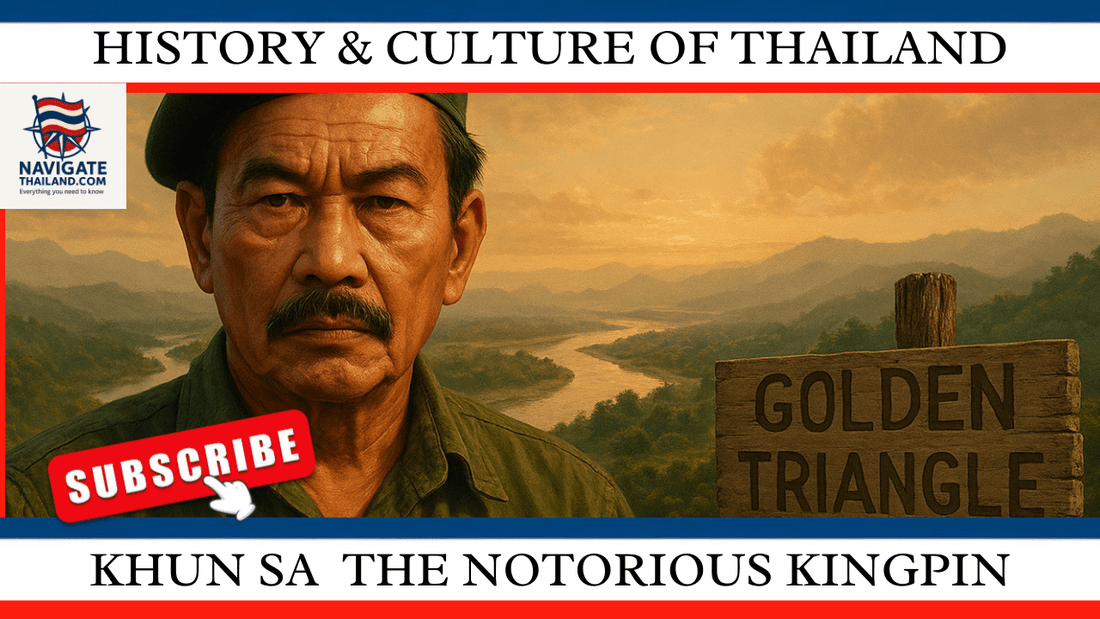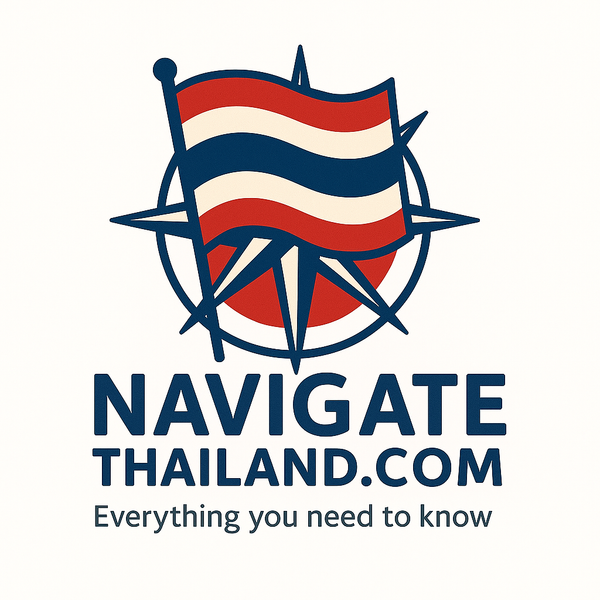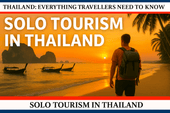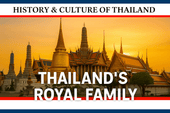
Khun Sa: The Notorious Kingpin Who Ruled Thailand’s Golden Triangle
Share
Tucked deep in the mountainous borderlands of Thailand, Laos, and Myanmar, the Golden Triangle once stood as the epicenter of the global heroin trade. And at the heart of this shadowy empire was Khun Sa—a man whose power, wealth, and influence turned him into a legend and a menace.
Known as the “Opium King”, Khun Sa’s reign in the 1970s and 1980s reshaped Thailand’s northern borders and forced the country to confront the harsh realities of transnational drug trafficking. This blog explores the rise and fall of Khun Sa—and how his legacy continues to shape Thai politics, law, and culture today.
👤 Who Was Khun Sa?
Born Chang Chi-fu in 1934 to a Chinese father and a Shan mother, Khun Sa grew up in the turbulent highlands of eastern Myanmar. Early on, he aligned with the Shan independence movement, gaining military training and establishing local power. But soon, his focus shifted from politics to profit.
In the 1960s, he founded the Shan United Army (SUA)—a militia that evolved into one of the world’s most powerful drug-trafficking syndicates. Khun Sa refined and exported heroin on a massive scale, funneling billions of dollars through the Golden Triangle and into global markets.
Fun Fact: “Khun Sa” translates to “Prince Prosperous”—a name earned through his vast wealth and his perceived role as a protector of the Shan people.
🌏 The Golden Triangle and Thailand’s Role
The Golden Triangle—where Thailand, Laos, and Myanmar meet—is a rugged and remote region that became notorious in the 20th century for opium cultivation and heroin production.
While the majority of opium was grown in Myanmar, Thailand played a crucial role in processing and transporting narcotics to international markets. At the height of Khun Sa’s influence, his network was estimated to be responsible for up to half of the world’s heroin supply.
Thailand’s northern provinces, such as Chiang Rai, Chiang Mai, and Mae Hong Son, became transit points for heroin, challenging Thai sovereignty and security.
⚖️ Khun Sa’s Impact on Thai Laws and Politics
Khun Sa’s empire exposed major flaws in Thailand’s legal and political systems. His operations triggered international pressure, internal reforms, and changes in border policy that still echo today.
1. Thailand’s Crackdown on Drug Trafficking
- In response to growing heroin flows, Thailand launched aggressive anti-drug campaigns in the 1970s and ’80s
- Northern Thailand became the focus of military-led operations
- Despite efforts, corruption within police and military ranks allowed the trade to continue
2. U.S. Involvement and Military Cooperation
- The U.S. DEA partnered with Thai forces to halt heroin shipments
- U.S.-backed operations targeted Khun Sa’s trade routes, though he often stayed one step ahead
- His ability to evade capture earned him the nickname: “The Man Who Could Never Be Caught”
3. Stricter Border Control Measures
- Thailand introduced enhanced surveillance, military checkpoints, and drug enforcement laws
- These changes laid the groundwork for the modern Thai drug war and continue to shape national policy
🧠 Cultural Legacy: How Khun Sa Changed Northern Thailand
Beyond politics and policing, Khun Sa’s empire transformed the cultural landscape of Thailand’s north.
1. The Golden Triangle as a Dark Tourist Destination
- Today, the region has rebranded itself as a place of reflection and intrigue
- Attractions like the Hall of Opium Museum in Chiang Rai educate travellers about the area’s drug trade history
- Visitors can explore former trafficking routes and learn how the region reinvented itself
2. Tattoos and Local Superstition
- Khun Sa’s legacy lives on in local legends and tattoos
- Scorpion tattoos became popular as spiritual protection against violence and evil—a reflection of the area’s dangerous past
Fun Fact: The term “Golden Triangle” was coined by the CIA to describe the wealth generated from the opium trade.
📉 The Fall of Khun Sa
By the early 1990s, Khun Sa faced mounting pressure from the Burmese, Thai, and American governments. In a surprising move, he surrendered in 1996—but not to international authorities.
Instead, he struck a deal with the Myanmar government, retiring peacefully in Yangon. He was never prosecuted for his crimes and lived the rest of his life in luxury until his death in 2007, aged 73.
🧬 Khun Sa’s Lasting Legacy in Thailand
Khun Sa may be gone, but his impact on Thailand remains profound:
- Stronger anti-drug laws
- Increased international cooperation
- Cultural scars in border communities
- Continued drug challenges, now including methamphetamine and synthetic drugs
His story serves as a potent reminder of the complex interplay between crime, politics, and national identity in Southeast Asia.
🙏 Conclusion
Khun Sa wasn’t just a drug lord—he was a military leader, folk hero, and international criminal whose empire altered the course of Thailand’s history. His control of the Golden Triangle turned the region into a geopolitical hotspot, forcing Thailand to rethink its laws, borders, and global partnerships.
For those exploring the darker chapters of Thai history, Khun Sa’s legacy remains one of the most compelling—and controversial—stories in Southeast Asia.
🎒 Planning a Trip to Thailand?
Grab our FREE Thailand Starter Pack for essential phrases, packing lists, and insider tips — perfect for first-time travellers.
Want to dive deeper into Thai culture, history, food and festivals?
Explore our best-selling Thai Culture Guide Bundle — your shortcut to understanding Thailand like a local.
Get your free Travel Thailand Starter Pack here.
Explore Thai culture with our Thai Culture Bundle here.





















































































































































